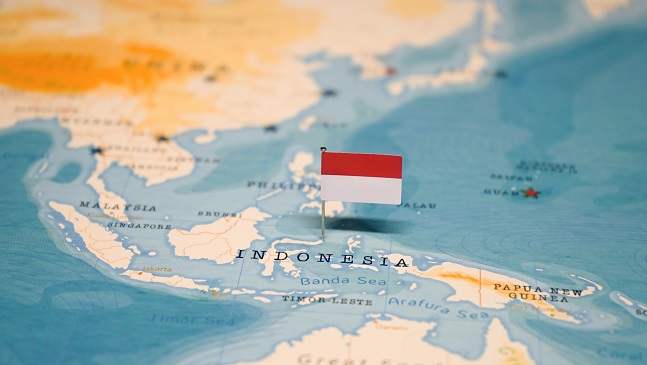Indonesia and Apple reportedly reached an agreement to lift the country’s ban on iPhone 16 sales, potentially ending a five-month standoff as the tech giant commited to a $1 billion local investment.
The deal follows a dispute which began at the end of 2024 after Indonesia refused to grant a permit for the sale of Apple’s latest iPhone model, citing the company’s failure to comply with domestic production rules.
Indonesia’s Ministry of Industry, which is responsible for the ban, is expected to sign a Memorandum of Understanding with Apple this week, with a press briefing set to follow, sources told Bloomberg.
In October 2024, Apple’s initial pledge to invest $1 billion in a local manufacturing plant was met with government pushback as ministers claimed the iPhone maker’s plans to produce AirTag tracking devices would not meet regulations for domestically produced iPhone parts.
However, as part of the latest terms, Apple will not only uphold its promised $1 billion investment to meet manufacturing regulations but also committed to training local talent in software and product design. The move comes after longstanding pressure from the Indonesian government for the company to expand its local R&D initiatives.
AirTegs on the agenda
Through its investment offer, the company still intends to establish an AirTag manufacturing plant on Batam island, accounting for 20 per cent of global AirTag production. Another plant in Bandung will apparently produce other accessories to expand Apple’s presence in the region.
However, the company reportedly has no plans to manufacture iPhones in the country.
The latest development comes after Apple settled a $10 million debt to Indonesia’s government for non-compliance with local rules between 2020 and 2023.
According to Bloomberg, settling the row grants Apple access to Indonesia’s growing tech-savvy population of 278 million after it reported declining sales in China.
